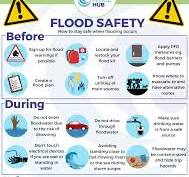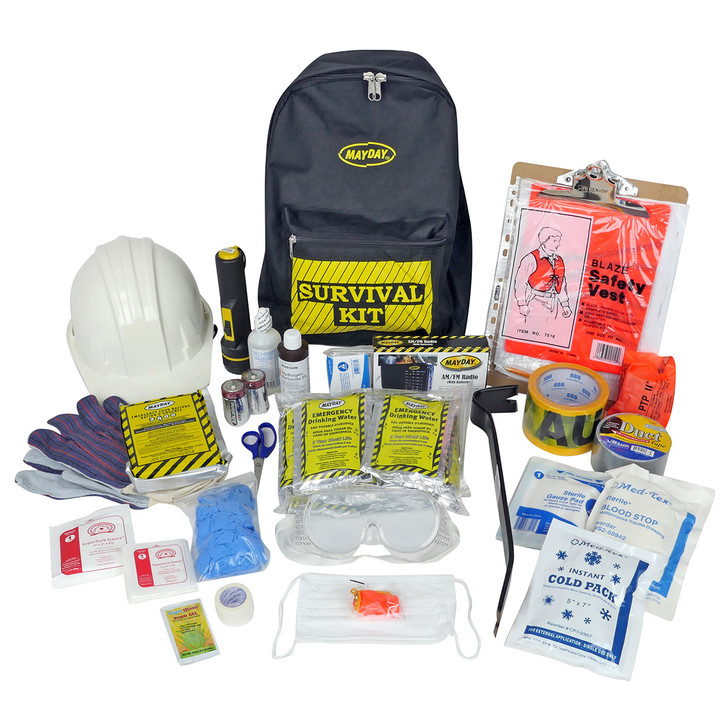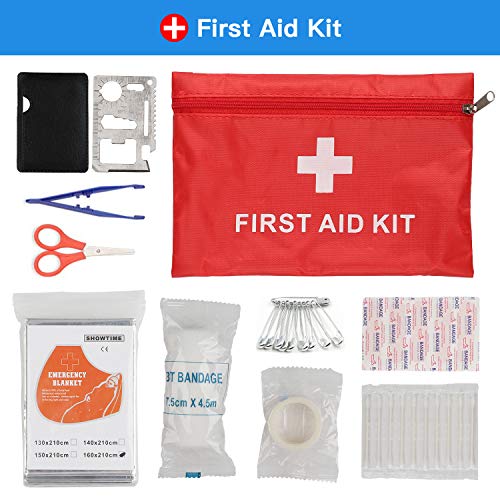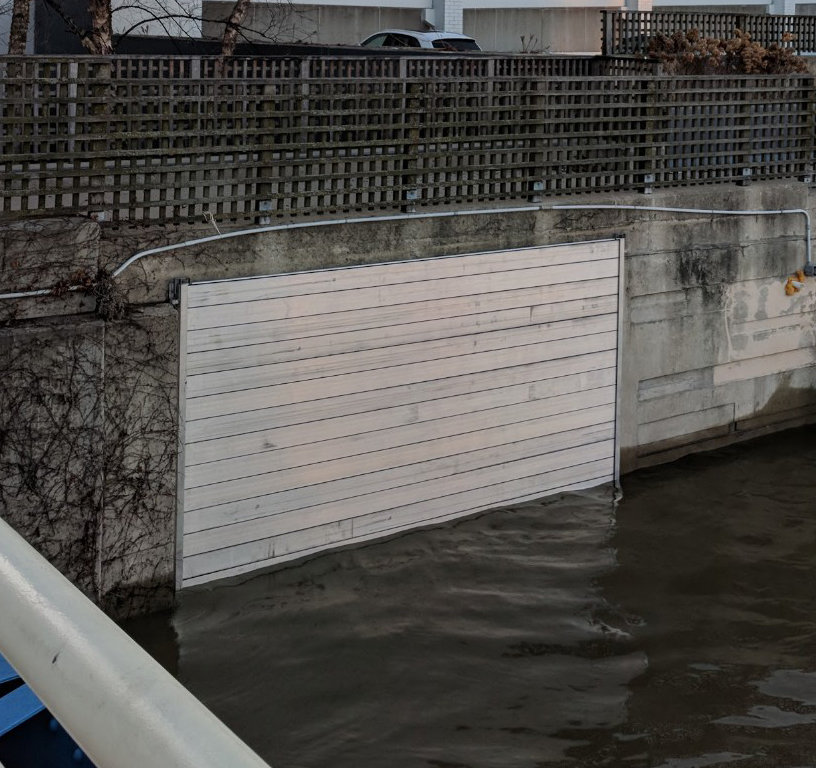Flood Safety Tips
Floods can be devastating natural disasters that pose serious risks to life and property. It is crucial to be prepared and know how to stay safe during a flood. Here are some essential flood safety tips to help you protect yourself and your loved ones:
Before the Flood
- Stay informed about the risk of floods in your area by monitoring weather alerts and local news.
- Create an emergency kit with essential supplies such as water, non-perishable food, medications, a flashlight, and a first aid kit.
- Develop a family emergency plan that includes evacuation routes and meeting points.
- Safeguard important documents by storing them in a waterproof container or digitally.
- Elevate electrical appliances and valuables to minimize damage in case of flooding.
During the Flood
- Follow evacuation orders promptly and move to higher ground if instructed to do so.
- Avoid walking or driving through floodwaters as they may be deeper or swifter than they appear.
- Turn off utilities such as gas, electricity, and water to prevent accidents or damage.
- Stay tuned to emergency alerts for updates on the situation and follow instructions from authorities.
After the Flood
- Avoid entering flooded areas until authorities have declared it safe to do so.
- Clean and disinfect any items that came into contact with floodwater to prevent contamination.
- Contact your insurance provider to report any damage and begin the claims process.
- Seek medical attention if you have been injured or exposed to contaminated water during the flood.
By following these flood safety tips and staying prepared, you can reduce the risks associated with flooding and protect yourself and your family. Remember that safety should always be your top priority during a flood emergency.
7 Essential Flood Safety Tips to Keep You and Your Family Safe
- Stay informed about weather conditions and flood alerts in your area.
- Have an emergency kit ready with essentials like water, food, medications, and first aid supplies.
- Avoid walking or driving through flooded areas; even shallow water can be dangerous.
- Follow evacuation orders if instructed by authorities and have a plan in place for evacuation.
- Turn off utilities like gas, electricity, and water at the main switch before evacuating.
- Avoid contact with floodwater as it may be contaminated with sewage or hazardous chemicals.
- Seek higher ground during a flood and do not enter buildings that are surrounded by water.
Stay informed about weather conditions and flood alerts in your area.
It is crucial to stay informed about weather conditions and flood alerts in your area to ensure your safety during a flood. By monitoring updates from local authorities and weather sources, you can stay ahead of potential risks and take necessary precautions. Being aware of the latest information allows you to make informed decisions about evacuation, preparedness, and response strategies, ultimately helping you protect yourself and your loved ones from the dangers of flooding.
Have an emergency kit ready with essentials like water, food, medications, and first aid supplies.
Having an emergency kit prepared with essentials such as water, food, medications, and first aid supplies is crucial for ensuring your safety during a flood. In times of crisis, having these items readily available can make a significant difference in your ability to cope with the situation and stay healthy. By proactively assembling an emergency kit, you can ensure that you have the necessary resources to sustain yourself and your family until help arrives. It is a simple yet effective way to be better prepared for unexpected emergencies like floods.
Avoid walking or driving through flooded areas; even shallow water can be dangerous.
It is crucial to avoid walking or driving through flooded areas during a flood event, as even shallow water can pose significant dangers. Floodwaters can be deceptive, hiding hazards such as debris, open manholes, or strong currents that can sweep you off your feet or carry away vehicles. It only takes a few inches of swiftly moving water to knock you off balance or stall your car, putting your safety at risk. Always err on the side of caution and find alternative routes to ensure your well-being during a flood emergency.
Follow evacuation orders if instructed by authorities and have a plan in place for evacuation.
It is crucial to prioritize your safety during a flood by following evacuation orders issued by authorities and having a well-prepared evacuation plan in place. When instructed to evacuate, it is essential to act promptly and move to a safe location away from the flood risk area. Having a clear evacuation plan that includes designated routes, meeting points, and necessary supplies can help ensure a smooth and efficient evacuation process. By heeding evacuation orders and being prepared, you can minimize risks and protect yourself and your loved ones during a flood emergency.
Turn off utilities like gas, electricity, and water at the main switch before evacuating.
It is crucial to prioritize safety during a flood emergency, and one important tip is to turn off utilities such as gas, electricity, and water at the main switch before evacuating. By shutting off these utilities, you can prevent potential hazards and damage that may occur during a flood. This simple action can help reduce the risk of accidents and protect your property while ensuring the safety of both residents and emergency responders. Remember to follow proper procedures for turning off utilities to minimize risks and stay safe during a flood event.
Avoid contact with floodwater as it may be contaminated with sewage or hazardous chemicals.
It is crucial to avoid contact with floodwater during a flood as it may be contaminated with sewage or hazardous chemicals. Exposure to contaminated water can pose serious health risks and lead to infections or illnesses. Even if the water appears clear, it could still contain harmful substances that are not visible to the naked eye. By staying away from floodwater, you can protect yourself from potential health hazards and ensure your safety during a flood emergency.
Seek higher ground during a flood and do not enter buildings that are surrounded by water.
During a flood, it is crucial to seek higher ground and avoid entering buildings that are surrounded by water. Moving to elevated areas can help reduce the risk of being trapped or swept away by fast-moving floodwaters. Buildings surrounded by water may be unstable or prone to collapse, posing a serious danger to anyone inside. By following this safety tip, individuals can protect themselves from potential hazards and increase their chances of staying safe during a flood emergency.




